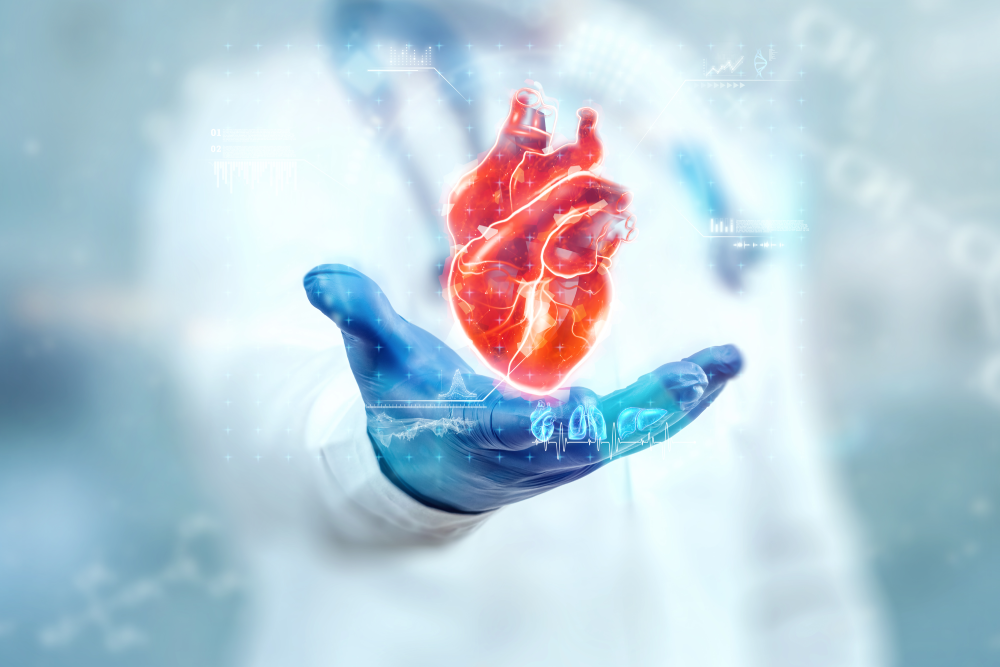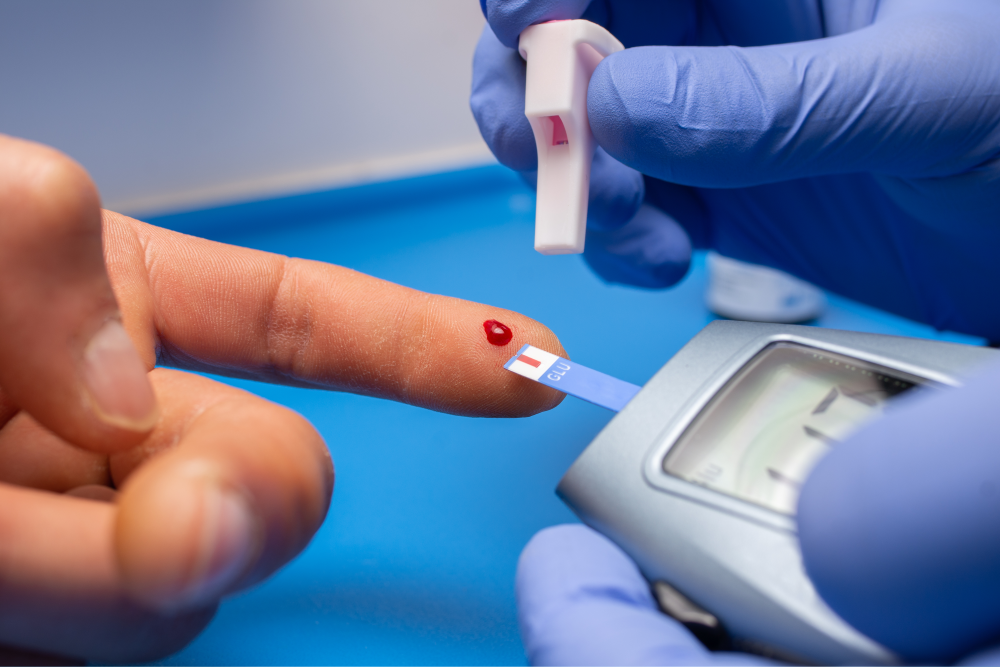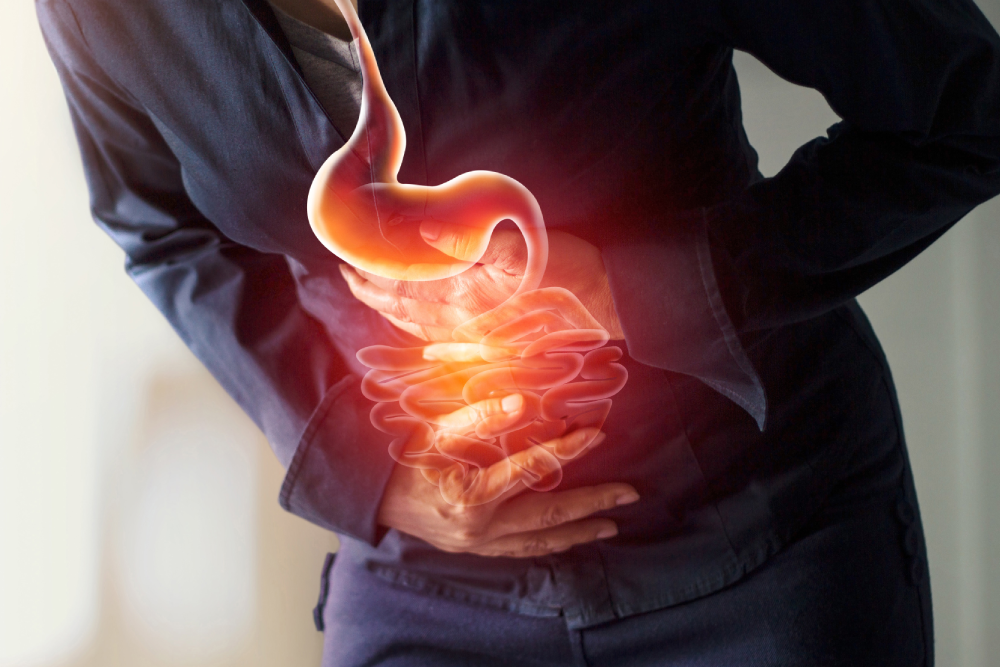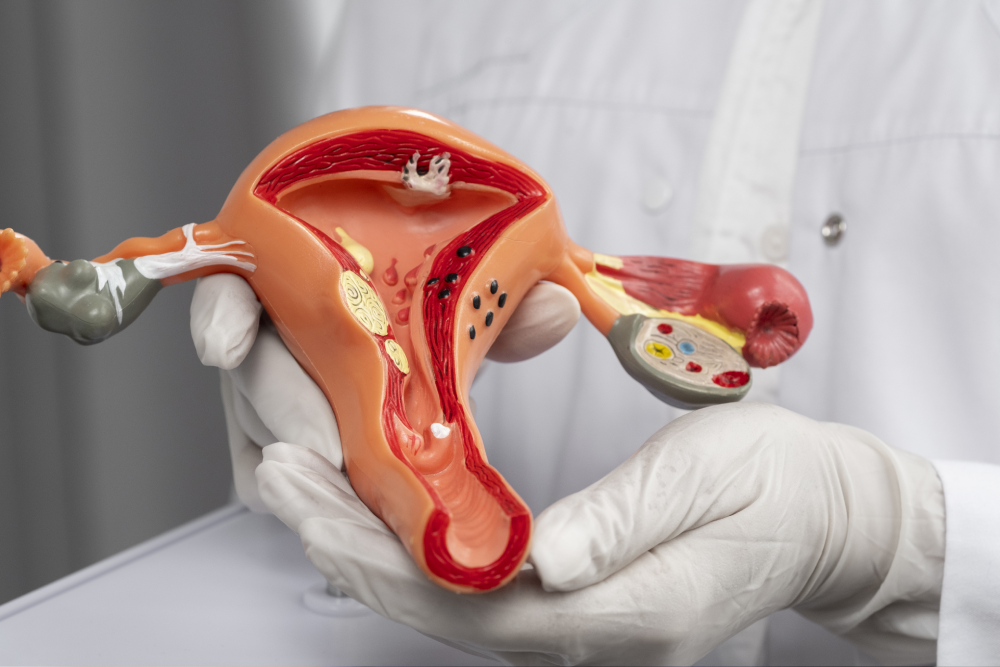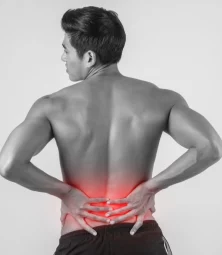

Disc Herniation Treatment In Coimbatore
A herniated disk is an injury of the backbone (spine). A spine consists of a series of bones stretching from the base of the skull to the tailbone. Between the vertebral bones, round cushion-like structures are present. These are called discs. Discs act as buffers between the bones facilitating movements such as bending. When one of the disks ruptures or tears, it’s termed a herniated disc.
People aged between 30 to 50 are more likely to get a herniated disc. Men are more prone to this condition as compared to women. Herniated discs are the main cause of arm, neck, back or leg pain (sciatica). Generally, herniated discs occur in the lower back or neck. But, they can happen anywhere in the spine.
Symptoms of disc herniation
The symptoms of disc herniation depend on where the problem is located in the spine. Symptoms get better with rest and worsen with movement.
A herniated disc in the lower back or lumbar region causes “sciatic nerve” pain. This pain radiates from one side of the buttocks into the leg or foot. The symptoms of herniated discs in the lower back include:
- Back pain
- Numbness or tingling in the legs or feet
- Muscle weakness
- Symptoms of herniated cervical discs include:
- Pain near the shoulder blades
- Pain traveling to the shoulder, arm, hand, and fingers
- Pain at the back and sides of the neck
- Pain due to movements such as bending or turning
- Tingling or numbness in arms
- Muscle weakness due to the weakening of nerves
- Difficulty in holding or lifting objects
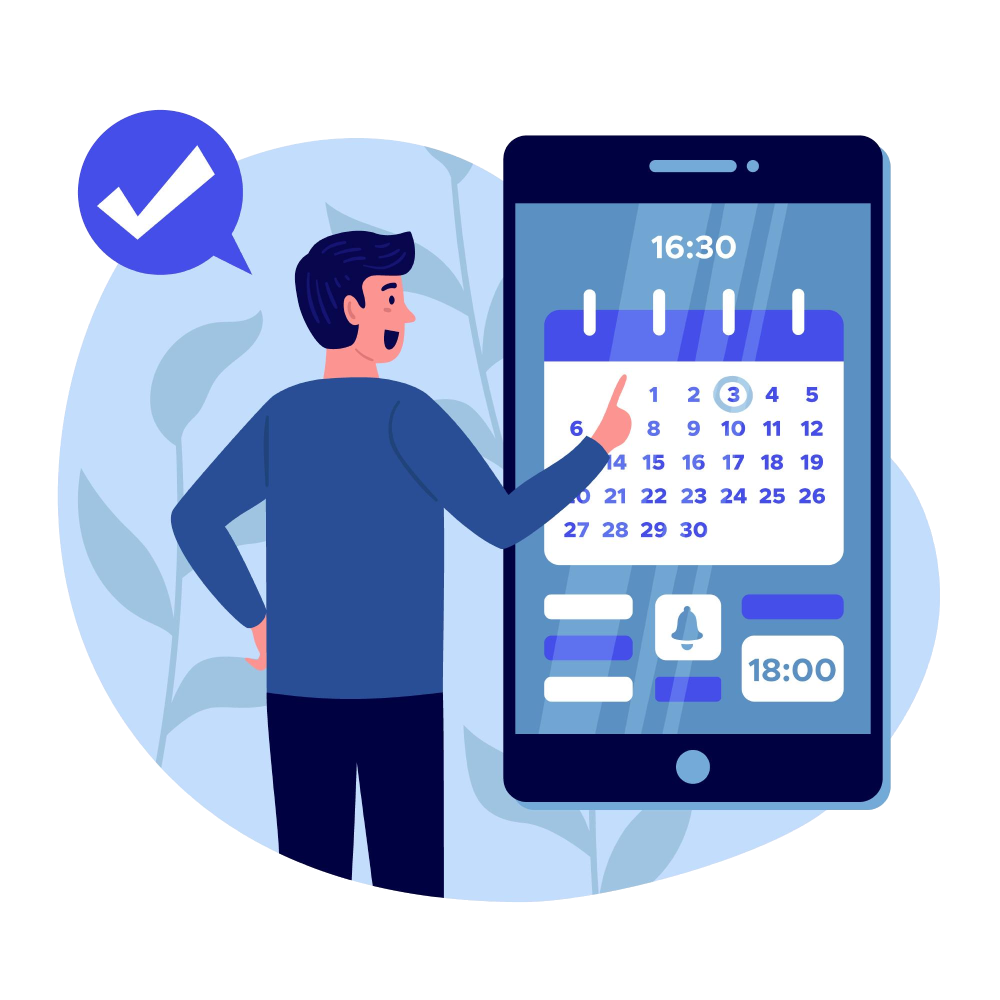
Types of disc herniation
There are three types of herniated discs:
-
Disc protrusion- The condition is also known as "bulging discs". They occur when pressure exists between vertebrae that cause discs to bulge out or protrude outwards. The pain due to disc protrusion often gets unnoticed. However, the pain associated is generally mild.
-
Disc extrusion- A non-contained herniation is also called a disc extrusion. These extrusions cause severe back pain. They are also associated with tingling and numbness in the extremities as they cause pain in the surrounding nerves.
-
Sequestered herniation- When disc extrusions go unnoticed or untreated, they cause a sequestered herniation. In this condition, the vertebrae compress discs so forcefully that they rupture them.
Risk factors of disc herniation
Factors leading to lumbar disc herniation include,
-
Age- The condition can occur in people 35 to 50 years of age. It causes symptoms after 80 years.
-
Gender- Men are at higher risk of getting disc hernia as compared to women.
-
Physical work- Jobs that demand high physical labour or heavy lifting increase the risk of disc herniation. Constant pushing, pulling, and twisting can also add to the risk.
-
Obesity- Excess weight increases the risk of herniated discs. After microdiscectomy surgery, the patient is 12 times more likely to develop the same disc hernia again. Extra weight increases pressure on the spine leading to herniation.
-
Smoking- Nicotine restricts the blood flow in spinal discs. It increases the rate of disc degeneration and inhibits healing. A degenerated disc can tear and crack easily causing a hernia.
-
Family history- A patient can have a disc hernia if someone from his family had the condition.
Diagnosis of disc herniation
People diagnosed with a disc herniation treatment should refer to the best doctor for Slipped Disc in Coimbatore specializing in orthopaedic surgery, physical medicine and rehabilitation or neurosurgery. At Dr.Muthus Hospitals, we have well-qualified medical practitioners who can help to treat disc hernia through the following ways:
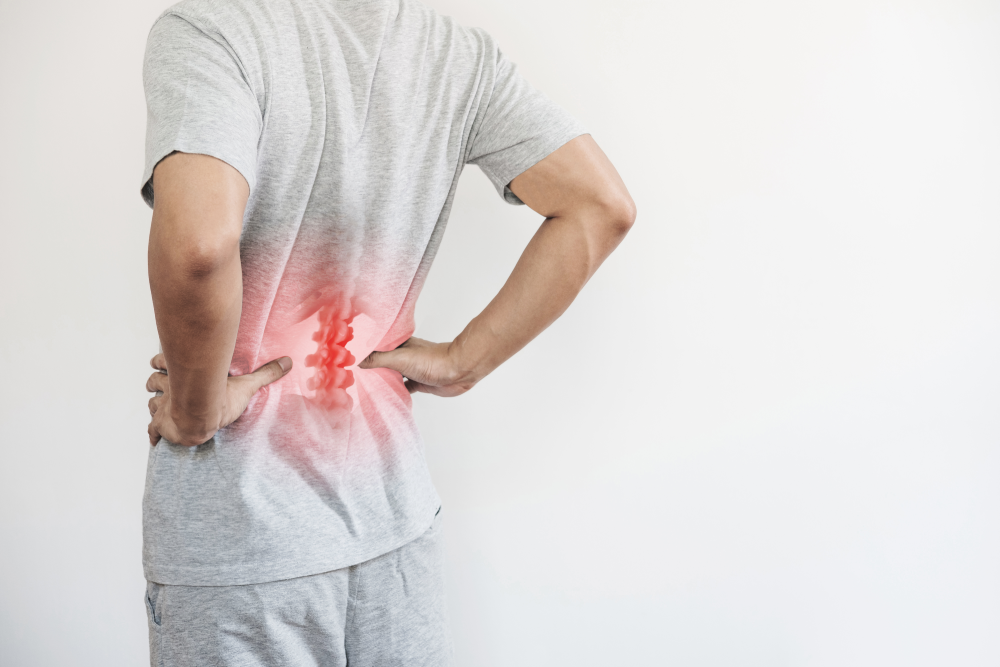
Back pain and sciatic pain treatment options available at Dr.Muthus Hospitals
At Dr.Muthus Hospitals, we provide the best and latest non- surgical interventions to treat back pain
- Ozone Discectomy (Ozonucleolysis)
- Percutaneous Hydrocision Discectomy
- Root Sleeve Epidural Injections/Transforaminal injections
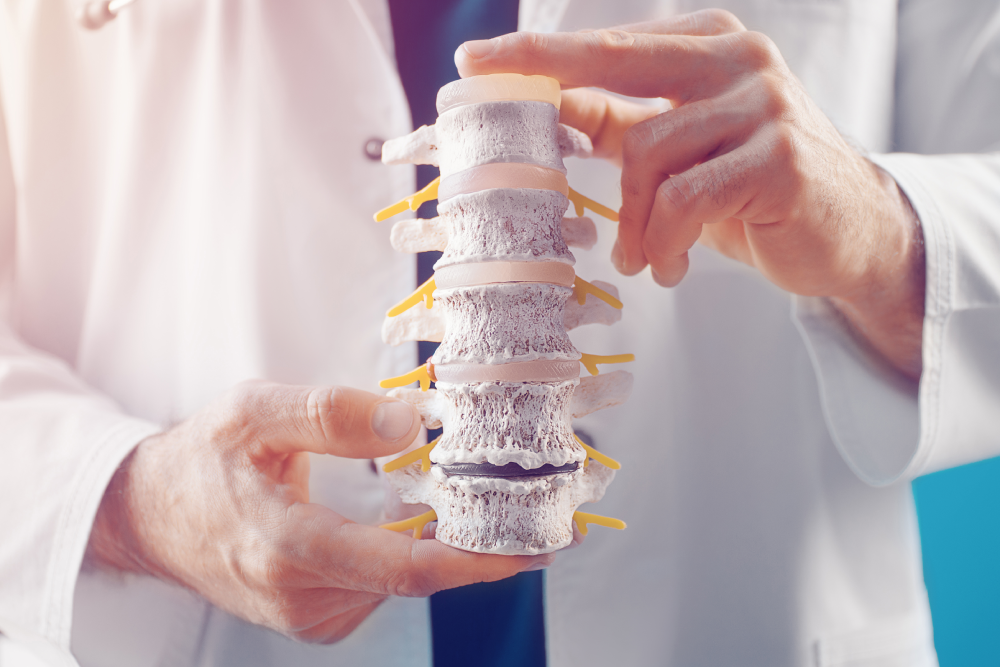
- Cervical Epidural Injections
- Facet Blocks
- Spinal Cord Stimulation
- Radiofrequency Lesioning




